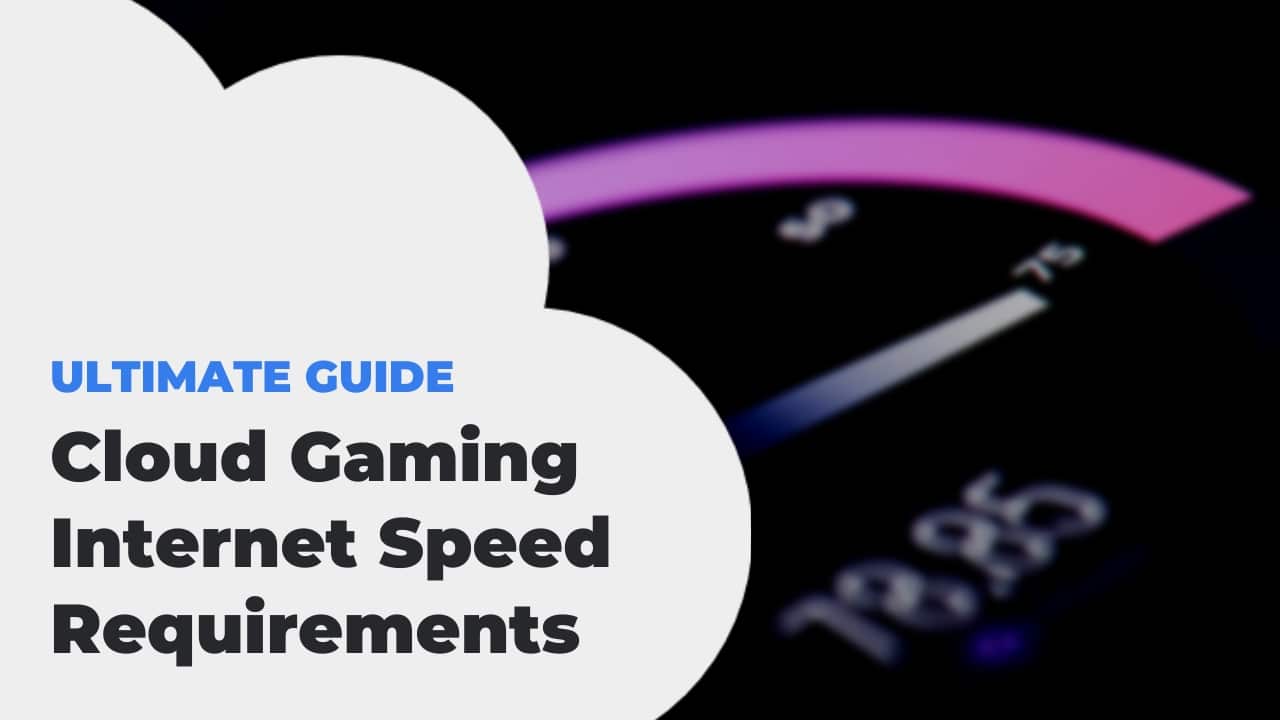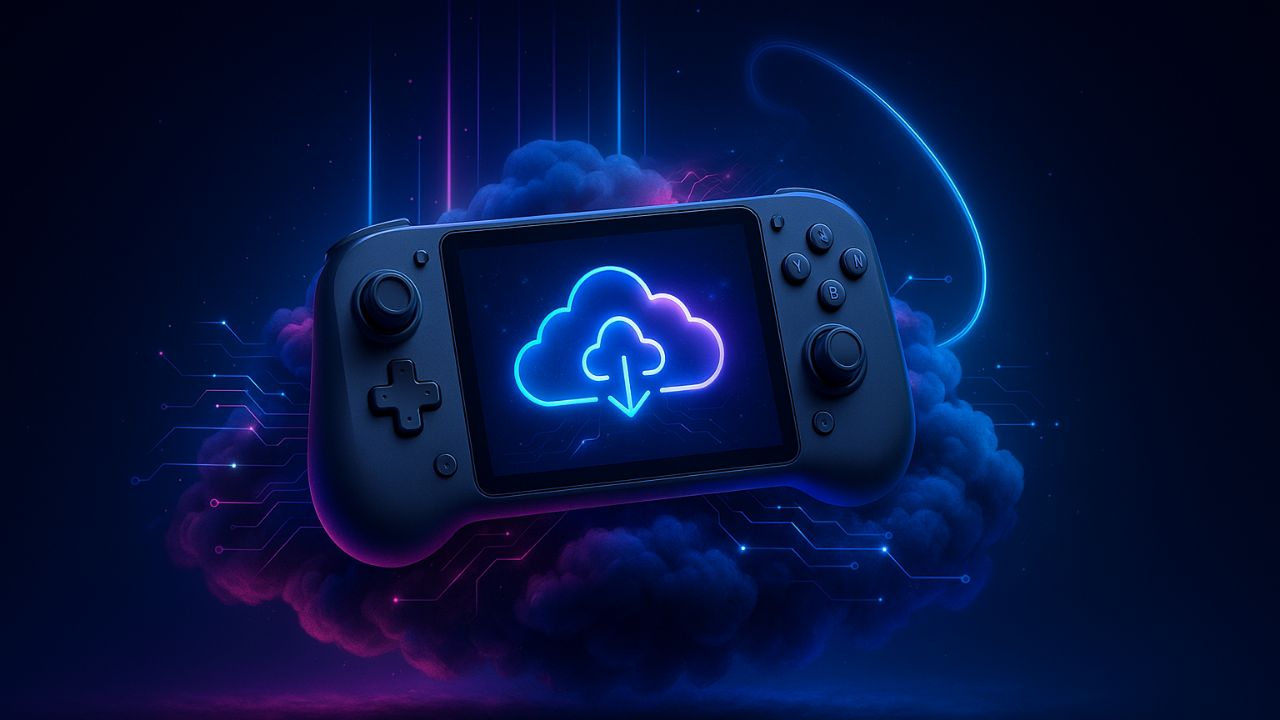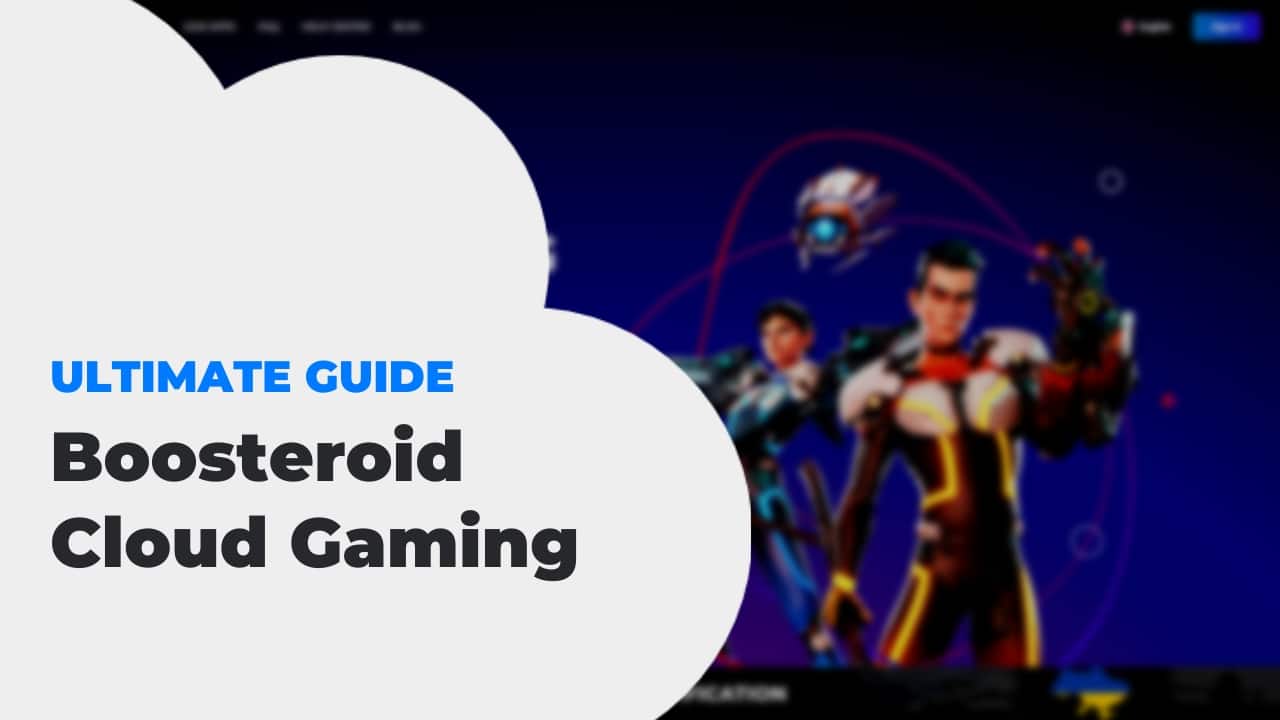Cloud Gaming Internet Speed Requirements [+ 8 Optimization Tips]
Last updated on 12. October 2023

The magic of cloud gaming lies in its ability to stream even the most demanding games directly to your device without the need for powerful hardware. To enjoy this remarkable experience, your internet connection plays a vital role.
An optimal internet speed can make cloud gaming feel just like playing locally, while a poor one can transform your gaming session into a frustrating ordeal.
Let’s delve into why the internet speed is so crucial in cloud gaming and how you can optimize it to enhance your gaming experience.
What is the minimum internet speed (Mbps) for cloud gaming?
To ensure a seamless cloud gaming experience, a minimum internet speed of 5 to 15 Mbps is generally required.
However, the specific requirements may vary depending on factors such as the cloud gaming service provider, resolution settings, and device used. For optimal 4K cloud gaming, it is recommended to have a bandwidth of at least 40 Mbps.
Furthermore, to enjoy gaming without any noticeable delays, it is advisable to maintain a ping below 50ms to the data center of your chosen cloud gaming service.
What are the recommended internet speeds for different cloud gaming services?
Different cloud gaming providers have varying internet speed requirements. Let’s check them out:
| Cloud Gaming Service | Minimum | Recommended @ 1080p | Recommended @ 4K |
|---|---|---|---|
| Boosteroid | 15 Mbps | 25 Mbps | not available |
| GeForce Now | 15 Mbps | 25 Mbps | 45 Mbps |
| Shadow PC | 15 Mbps | 25 Mbps | 40 Mbps |
| airgpu | 10 Mbps | 25 Mbps | 40 Mbps |
| Amazon Luna | 10 Mbps | 25 Mbps | not available |
| Xbox Cloud Gaming | 10 Mbps | 20 Mbps | not available |
| PlayStation Cloud Gaming | 5 Mbps | 15 Mbps | not available |
| Blacknut | 6 Mbps | not available | not available |
Quick-Tip: Before you start cloud gaming, it’s a good idea to test your internet speed. You can use a speed test provided on your gaming service’s website, or you can use general internet speed testing tools.
Is the bandwidth the only thing that impacts cloud gaming?
While bandwidth plays a critical role in cloud gaming, it’s not the only thing that counts.
Other factors can also impact your gaming experience, such as jitter, packet loss, high ping, the quality of your router or Wi-Fi environment, your device’s network card, and even some software running on your device.
To avoid surprises, we recommend testing your internet connection via the speed test of your desired cloud gaming service or subscribing for a month and testing it thoroughly.
8 Expert tips for a better internet connection
Boost your cloud gaming experience with these eight practical tips to improve your internet connection:
#1 Use an ethernet cable
Wi-Fi connections can be inconsistent and cause latency problems. Using a wired connection via an Ethernet cable can significantly enhance your cloud gaming experience by providing more stable and faster internet access.
#2 Optimize Wi-Fi usage
If a wired connection isn’t an option, optimize your Wi-Fi settings. Position your router strategically to maximize signal strength and try to minimize interference from other devices and networks. If possible, consider using a 5 GHz band.
#3 Avoid Wi-Fi extenders and powerline adapters
While these devices can help extend the reach of your Wi-Fi network, they can also introduce latency and slow down your internet speed. If you’re experiencing gaming issues and you’re using these devices, it might be worth checking if they’re part of the problem.
#4 Check your ISP
If your internet service provider (ISP) isn’t delivering the speed they’ve promised, consider changing your provider. A faster and more reliable connection can make a world of difference to your cloud gaming experience.
#5 Replace your router
An outdated router might not be able to keep up with the demands of cloud gaming. A router upgrade with features designed specifically for gaming could help reduce latency issues and optimize your connection.
#6 Choose the right data center
Select a data center close to your location to reduce latency. The closer you are to the data center, the quicker the data transfer and the better the gaming experience.
#7 Avoid network sharing
Closing bandwidth-intensive applications and minimizing the use of other devices connected to the network can help reduce latency and improve your cloud gaming experience.
#8 Avoid VPNs
While Virtual Private Networks (VPNs) are great for ensuring privacy, they can negatively affect your gaming performance by adding extra server hops and increasing latency. When gaming, it’s often better to disconnect from your VPN for a smoother experience.
Remember: The key to a great cloud gaming experience lies not only in a speedy internet connection but also in its stability and quality. So, gear up and level up your gaming experience!
Conclusion
In conclusion, internet speed plays a critical role in cloud gaming, and improving your connection can significantly enhance your gaming experience. It’s not just about having a high-speed connection; the quality and reliability of your connection are equally important.
By following the tips provided in this guide, you’ll be well on your way to a better cloud gaming experience.
Frequently asked questions
Finally, let’s address some of the common questions you might have about cloud gaming and internet speed.
Share with your friends
You Might Also Like
-
Best cloud gaming handhelds in 2025Last updated: 16. May 2025
-
Best controller for cloud gaming in 2025Last updated: 16. May 2025
-
Cloud Gaming Android: How to Play on Smartphone & Tablet [2024]Last updated: 9. January 2024
You Might Also Like
-
airgpu Cloud GamingLast updated: 14. June 2024
-
Best Cloud Gaming Services in 2025 [Complete List]Last updated: 14. January 2025
-
Boosteroid Cloud GamingLast updated: 13. June 2024







